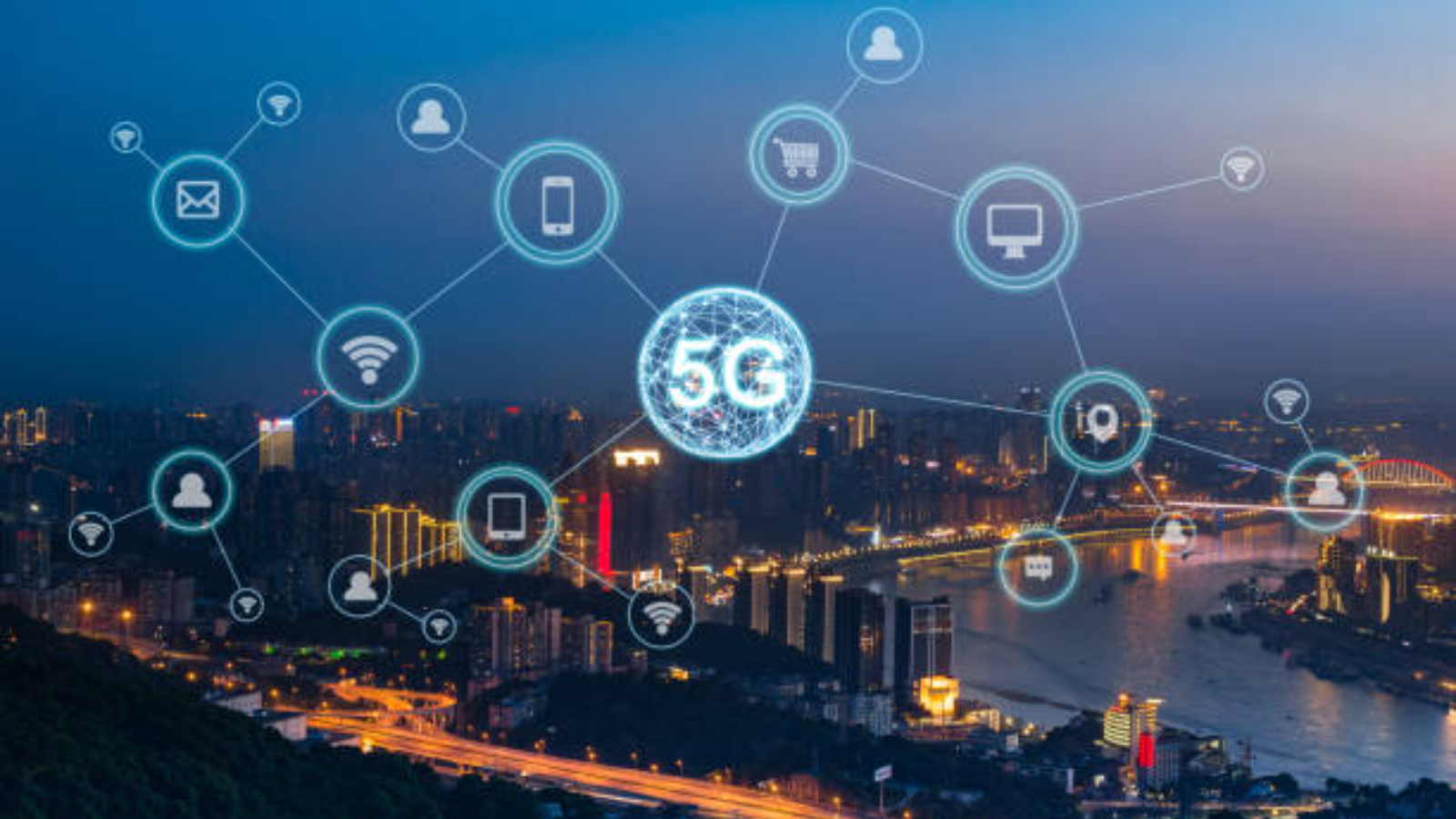In this Article
Introduction
As urban areas expand, the need for smarter, more efficient cities becomes critical. Smart city networks, which utilize cutting-edge technology to enhance urban living, are a promising solution. These networks integrate multiple systems—such as transportation, energy, and public services—into a unified, data-driven framework.
In this article, I will share my thoughts on the future of smart city networks and their transformative potential.
Thoughts About the Future of Smart City Networks
1. Enhanced Connectivity and Integration
The future lies in their ability to connect and integrate various urban systems seamlessly. This interconnectedness will enable more efficient management and operation of city services.
- Internet of Things (IoT): IoT devices will be pivotal in collecting and transmitting data from various urban elements like traffic lights, waste bins, and water meters. Real-time data collection will allow cities to monitor and manage resources more effectively.
- Interoperability: Ensuring that different systems and devices can communicate and work together seamlessly is crucial. Standardized protocols and open data platforms will facilitate this, allowing for the integration of new technologies and services as they emerge.
- 5G Connectivity: The rollout of 5G networks will significantly enhance smart city capabilities. Faster data transmission speeds and lower latency will enable advanced applications like autonomous vehicles and remote healthcare services.
- Edge Computing: Processing data closer to the source will reduce the burden on central data centers and improve response times. This is vital for applications requiring real-time decision-making, such as traffic management and emergency response systems.
2. Sustainable Urban Development
Smart city networks will drive sustainable urban development by optimizing resource use and reducing environmental impact. This will be achieved through a combination of advanced technologies and data-driven decision-making.
- Smart Grids: Smart grids will use sensors and data analytics to optimize energy distribution and integrate renewable energy sources. This will reduce energy waste and enhance the resilience of urban energy supplies.
- Efficient Waste Management: Smart waste management systems will use sensors to monitor waste levels and optimize collection routes. This will reduce operational costs and minimize the environmental impact of waste disposal.
- Water Management: Smart water management systems will monitor water usage, detect leaks, and ensure efficient distribution. This will help conserve water resources and reduce the environmental impact of urban water use.
- Green Building Practices: Incorporating smart technologies into building design will enhance energy efficiency. Examples include smart lighting systems, energy-efficient HVAC systems, and green roofs.
3. Improved Quality of Life
The ultimate goal of this network is to improve residents’ quality of life. This will be achieved by enhancing public services, promoting social equity, and fostering community engagement.
- Public Safety: It will enhance public safety by integrating technologies like surveillance cameras, emergency response systems, and predictive policing. Real-time data analysis will enable faster and more effective responses to incidents.
- Healthcare Services: Smart healthcare solutions, such as remote monitoring and telemedicine, will improve access to healthcare services. These technologies are particularly beneficial for elderly and disabled residents.
- Transportation: Smart transportation systems will use real-time data to optimize traffic flow and reduce congestion. This will improve mobility and reduce the environmental impact of urban transportation.
- Citizen Engagement: Digital platforms and mobile apps will enable residents to engage with city authorities. This will foster a sense of community and ensure that urban development initiatives align with residents’ needs.
4. Adaptive Learning Systems
One unique aspect of future smart city networks will be the implementation of adaptive learning systems. These systems will use artificial intelligence to continuously learn and adapt to changing urban conditions.
- Predictive Maintenance: Adaptive learning systems will predict when infrastructure components need maintenance. This will reduce downtime and extend the lifespan of urban assets.
- Behavioral Insights: These systems will analyze patterns in human behavior to optimize city services. For example, they could adjust public transportation schedules based on real-time usage data.
- Environmental Adaptation: Adaptive learning systems will help cities respond to environmental changes. They could, for instance, adjust water distribution in response to weather patterns.
Conclusion
Smart city networks offer promising advancements in urban connectivity, sustainable development, and public services. Technologies like IoT, 5G, and edge computing enhance efficiency across city services, while sustainable practices such as smart grids and efficient waste management minimize environmental impact. These innovations improve critical services like healthcare and transportation, enhancing residents’ quality of life. Addressing challenges like data privacy and infrastructure investment is crucial to fully realizing the potential of smart city networks, and ensuring sustainable and inclusive urban environments for future generations.
How Can We Help?
At AlphaX, we are committed to helping cities navigate the complexities of urbanization. Our comprehensive solutions integrate smart city networks to enhance urban infrastructure, promote sustainability, and engage citizens. To explore how AlphaX can help your city become smarter and more sustainable, visit our contact page.
References
Related Blog Posts
How Smart Cities Connect: Getting Started with Edge AI and IoT Technology
How to Get Started with Edge AI and IoT Technologies in Smart Cities: Overcoming Integration Challenges In recent years, the concept of smart cities has evolved from a futuristic Read More
5 Step Strategy: Ensuring Security and Privacy in 15-Minute Smart Cities
Introduction Ensuring security and privacy in 15-minute smart cities is a critical challenge as urban areas become increasingly connected through IoT and edge AI technologies. These cities aim to Read More
What is a smart city and the challenge of legacy systems
How to Get Started with Integrating Legacy Systems in Smart Cities Smart cities are transforming urban landscapes by leveraging technology to improve the quality of life for residents. However, Read More




